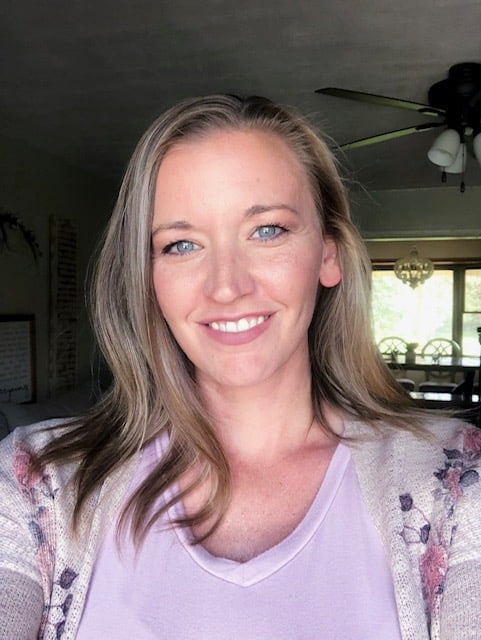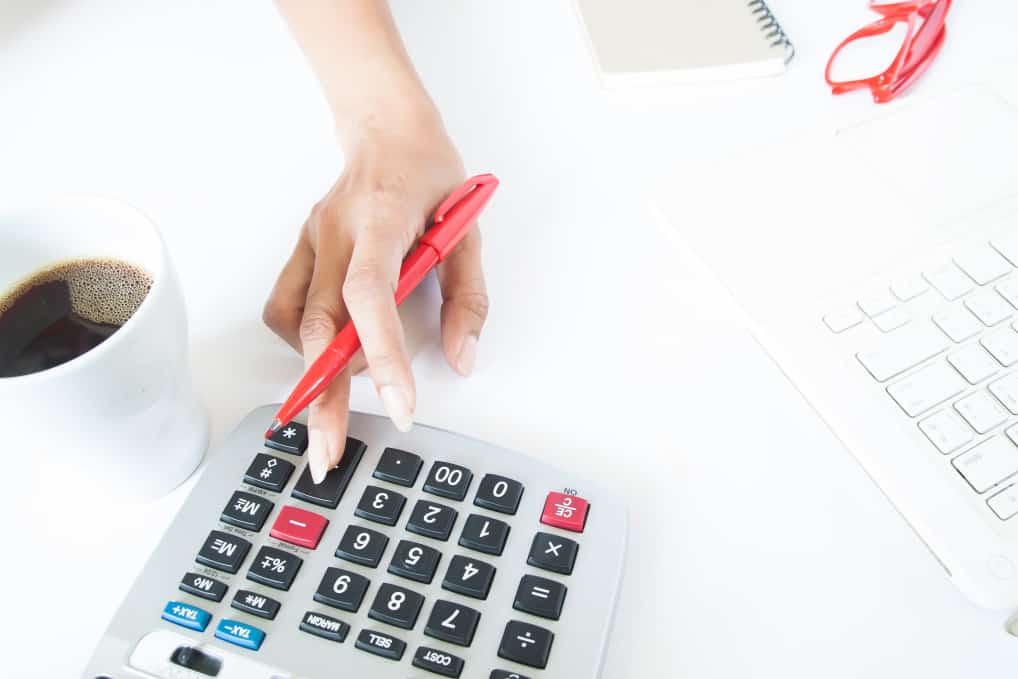This post may contain affiliate links. Click here to read my full disclosure.
When you start your own business, it’s understandable and often the most economical choice to handle most of the big responsibilities yourself.
One of the most important aspects of your business is financial management, but it can also be intimidating to broach this responsibility, especially if you don’t have a background in finance.
So then, how do you go about doing your own accounting? We’ve broken down a few key things you need to do to become your own personal accountant, without needing an expert:
Get Some Basic Training

You don’t need to have an accounting degree to get your bearings, but you should be familiar with basic principles and practices. Getting some basic training can help you get started, and in the grand scheme of things, save you time (and maybe even some money).
Fortunately, learning new skills is easier than ever with online classes in virtually every subject, including accounting. Udemy’s small business accounting courses are a good place to start.
Not only are they affordable but they’re easy to fit into your busy schedule and they’re not that big of a time commitment.
Set Up an Easy Way to Receive Payments
Getting ahold of payments from clients is one of the biggest challenges small business owners face. Receiving payments on time and in full is also critical to maintaining a healthy cash flow.
If you’re going to be handling your own accounting you want to make this process as easy as possible for yourself. There are several tools you can use to help make it easy for your customers to pay you:
- Quick Collect for Accountants
- Square for Retail
- Payment schedules
- Reminder invoices
While you’re at it, don’t forget to look into other services you can take advantage of as a business owner to make life easier. This could include professional recruiters, online employee benefits programs, and courier services to handle your deliveries.
Separate Business & Personal Finances
As a small business owner, it might be tempting to keep your personal and business finances intertwined for simplicity’s sake.
After all, you’re the one managing the money. However, this can cause issues when trying to do your taxes or lead to serious spending mistakes because it’s harder to stay on top of finances.
And, if your business reaches the point where it becomes an LLC or corporation, you’ll be required to have separate accounts.
So, to make it easier on yourself, you should set up these accounts as early on in the process as possible.
Shop around for the best rates, Bank of America offers low-cost business accounts but you might find something that has better benefits for your needs.
Use Accounting Software
Even if you know the accounting basics, doing it manually is likely not a good use of your time and is seriously outdated for the modern business owner.
Using accounting software will save you time and headaches down the road. It might be difficult to let go of the reins a little bit and put your trust in digital accounting but once you try it, you’ll love the easy-to-use and intuitive features.
In fact, there are many advantages of using accounting software for your small business, including:
- Greater accuracy
- Quick invoice generation
- Real-time tracking of finances
- Easier cash-flow management
- Automated financial statements
- Well-organized data
- Inventory tracking
And, many accounting software options even have mobile apps so you can review your company’s financial information on the go.
Carefully Track All Expenses
Carefully tracking all of your business expenses is critical to keeping your business afloat and remaining in good standing with the IRS.
From materials and inventory to gifts and entertainment for clients, correct categorization, holding onto receipts, and formal records will make or break your ability to take advantage of tax write-offs at the end of the year.
It can’t hurt to also do a little research about the expenses you can and can’t write off as well as limits on deductions. Planning ahead for tax season can help you achieve the biggest savings.
Running your own business will have many challenges, but accounting doesn’t have to be one of them. Set your business up for financial success with these key tips to becoming your own personal accountant.

Life is a collection of memories and experiences. There are ups and downs. I am so grateful for God’s grace and am on the journey to a renewed spirit, free of perfectionism. Perfection Hangover offers the sober truth – no filter.



Hi there,
Do you have an email I could contact you at?
I own XXX and would love to connect and ask some help/advice with monetization methods we’re currently testing.
Thanks!
Mike Romaine